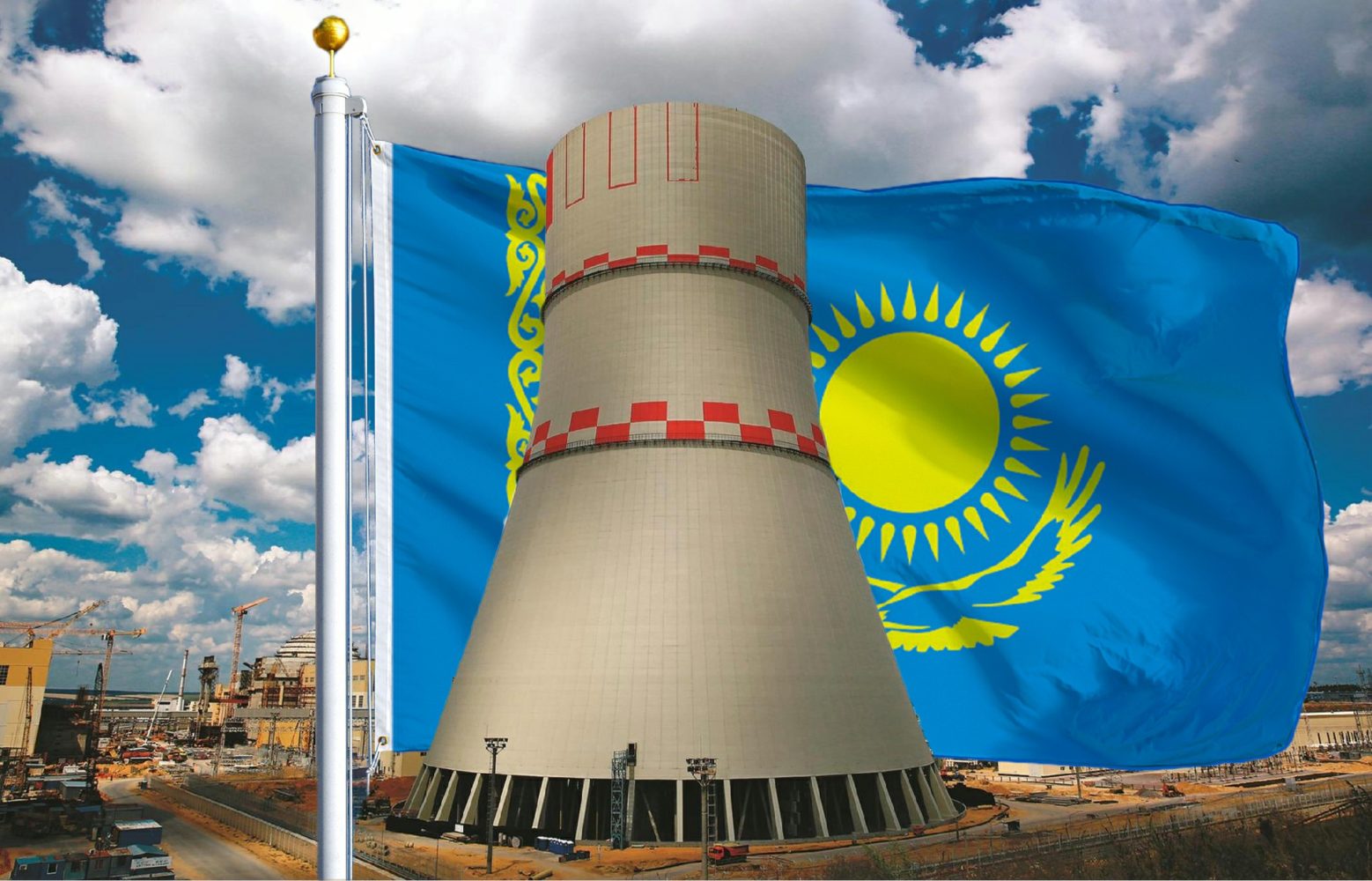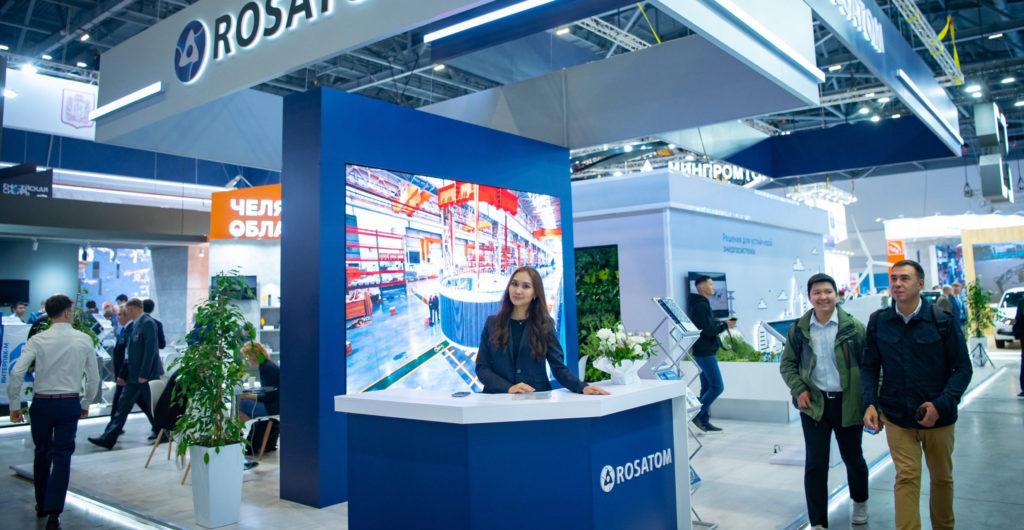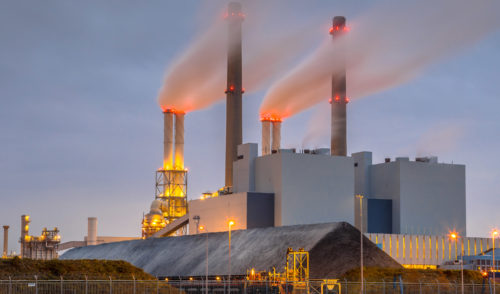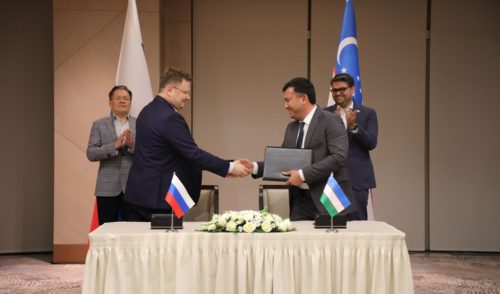
Year 2023 in Review
back to contentsThe decision of Kazakhstan President Kassym-Jomart Tokayev to hold a referendum on the construction of a nuclear power plant in the country was one of the most important events of the year. If the vote is positive, Russia is ready to offer Kazakhstan advanced nuclear technology.
“Building or refusing to build a nuclear power plant is a matter of paramount importance for the future of our country. This is why I propose to put it to a national referendum,” President Tokayev said in his address to the nation. He emphasized that Kazakhstan as the world’s largest uranium producer needed to have its own nuclear generation capacity.
The same opinion was expressed last year by the country’s top officials and by prominent national and international experts. This topic was raised at the Nuclear Power as an Energy and Technological Sovereignty Mechanism round-table discussion held in late November in association with Rosatom. Experts from Kazakhstan, Russia, Belarus, Hungary and Turkey noted the importance of nuclear power for both energy security and climate change mitigation, mentioning nuclear power plants as a reliable source of low-carbon electricity for people and industry. A good example is the Belarusian NPP built by Rosatom. With the nuclear power plant in operation, Belarus will decrease natural gas consumption by a third (or by 5 to 6 bcm per year) and reduce greenhouse gas emissions by 7 million tonnes per year.
“We must cut down greenhouse gas emissions to achieve carbon neutrality by 2060. The development of nuclear power will help us solve this task. Nuclear power plants provide a reliable supply of clean baseload electricity,” said Timur Zhantikin, CEO of Kazakhstan Nuclear Power Plants JSC.
Sergey Gromov, Head of Rosatom Central Asia, noted that Rosatom had enough capabilities and experience to deliver nuclear power projects of any kind. The Russian nuclear corporation is ready to secure the participation of international consortia to offer its customers the best technology solutions at the best price.

According to experts, Kazakhstan needs nuclear as a source of baseload power. Speaking at the public hearings on the nuclear plant construction held last autumn in the country, Gulmira Mursalova, Deputy Director of the Atomic Energy and Industry Department at the Ministry of Energy, explained the advantages of nuclear energy over traditional sources of power (such as coal-fired generation). She noted that most coal-fired plants in the country had lived through 70 % of their service life, while electricity consumption grew 3 % annually.
Who will build the nuclear station?
Four countries are considered as potential nuclear technology suppliers, and Russia is among them. Consultations with the suppliers are underway, Energy Minister Almasadam Satkaliyev said in November.
“Preparations for the construction of a nuclear power plant started long before the decision to hold a national referendum was made. Quite a lot of work has been done, with potential tenders identified. The final decision on the construction will, however, be made no sooner than after the national referendum,” the Minister stressed. According to the Minister of Energy, the government hopes for a positive decision on the nuclear plant construction in Kazakhstan at the upcoming referendum.
“We consider nuclear power to be a natural way of development for the national industry and economy. Having extensive competencies in uranium mining, we rank first in production and second worldwide in terms of reserves. We also have a well-developed research infrastructure, including two top-rank institutes, and production facilities… That is, construction of a nuclear power plant will be the final step in unlocking the sector’s immense potential for the development of economy and science,” Almasadam Satkaliyev concluded.
The International Atomic Energy Agency (IAEA) said it was consulting the Kazakhstan authorities in connection with their plans to build a nuclear power plant. In October, the IAEA sent a mission to Kazakhstan to assess the site in Ulken village in the south of the country as a suitable one for the construction of a nuclear station.
Partnerships with Rosatom
Rosatom is among the four potential nuclear technology vendors considered by Astana. In November, Russian President Vladimir Putin confirmed Russia’s readiness to develop a nuclear power plant project for Kazakhstan. “If the decision on the nuclear station is positive, Rosatom is ready to develop a project that will employ the most advanced technology and meet the strictest environmental requirements and safety standards,” Vladimir Putin told the Kazakhstanskaya Pravda newspaper. He also noted that the nuclear power plant would provide more power for Kazakhstan’s economy and create a strong impetus for the social and economic development of the republic.
Kazakhstan authorities have repeatedly highlighted the advantages of Russian technology. Energy Minister Almasadam Satkaliyev mentioned that Rosatom was building the largest number of reactors abroad, many times more than other technology vendors. “Nuclear technology is among the best in Russia — this is the fact that all experts, including international ones, recognize,” the minister stressed in a media interview in November.

Rosatom is ready to offer Kazakhstan its technology for other sectors as well. In late September, the Russian nuclear corporation took part in the INNOPROM.Kazakhstan International Industrial Exhibition and presented its solutions in renewable energy, energy storage, and medicine. Much interest among the visitors to the exhibition was aroused by a model of a 2.5 MW wind power plant, lithium-ion battery modules, and multi-purpose lithium-ion cells. The visitors could also learn about Rosatom’s innovative medical product, a new Brachyum gamma therapy system designed for conservative cancer treatment.
Russia and Kazakhstan have strong, long-standing relationships in nuclear science, including in education. In 2022, a branch of the National Nuclear Research University (MEPhI, one of Rosatom’s backbone universities) was opened at Al-Farabi Kazakh National University (Almaty). In November 2023, some of Kazatomprom’s managers received Master’s diplomas from MEPhI for the first time.
“In 2024, the Almaty branch of MEPhI will also offer training programs for the needs of the company. For now, more than 100 students — nuclear engineers and IT specialists who will be developing the national economy of Kazakhstan — are studying there,” the MEPhI press service reported.




